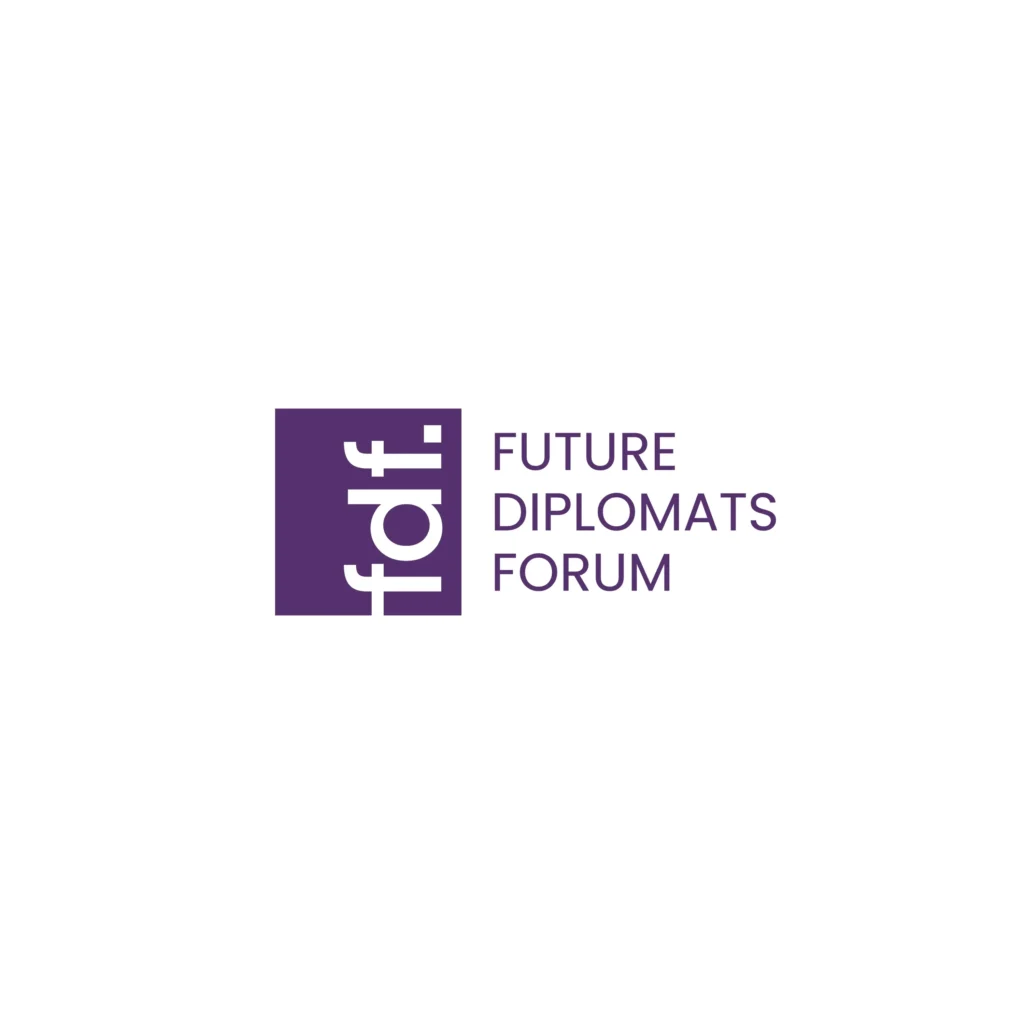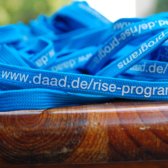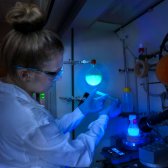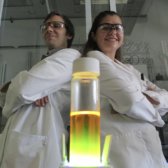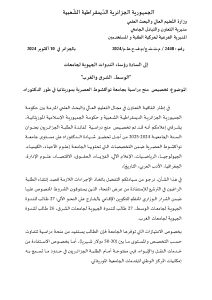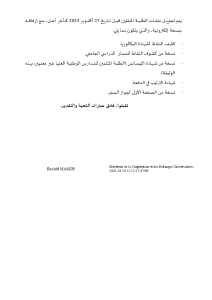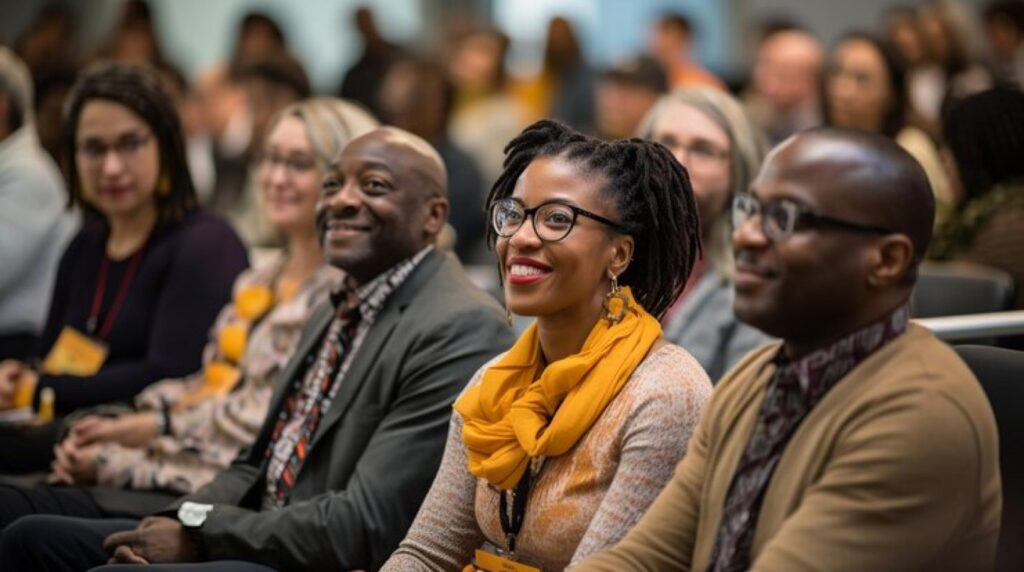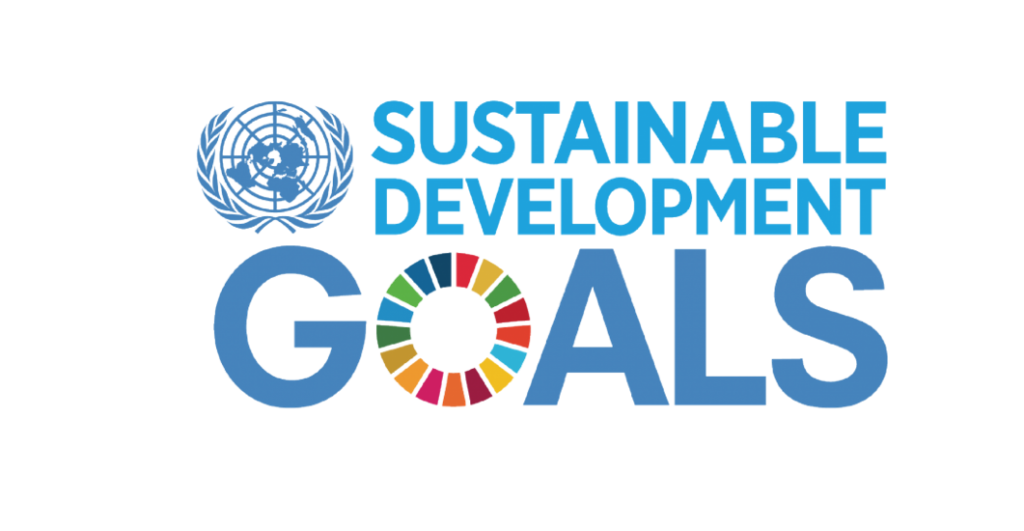20 postes de doctorat entièrement financés dans le réseau doctoral MSCA NATPRIME : administration efficace de produits thérapeutiques à base d'acides nucléiques via des nanotransporteurs conçus
Employeur : MSCA NATPRIME Doctoral Network
Localisation : Europe - Pays dépendant du projet (voir ci-dessous pour plus d'informations)
Salaire : Compétitif selon les réglementations MSCA pour les doctorants (3400 €/mois pendant 36 mois, 600 €/mois pour l'allocation de mobilité, 660 €/mois pour l'allocation familiale. Des coefficients nationaux et des taxes s'appliqueront. Le financement est pour 36 mois et chaque doctorant sera inscrit pour un doctorat structuré de 3/4 ans)
Date limite de candidature : 14 décembre
Date de début idéale : janvier – mars 2025 (des dates de début ultérieures telles que l'été 2025 pourraient être possibles pour certains projets)
Site Web : https://www.natprime.org/
Postulez via notre site Web : https://www.natprime.org/application-form
Discipline : Chimie, biologie, physique, génétique, sciences pharmaceutiques et science des matériaux
Type de poste/Diplôme : Poste de doctorat
Emploi : Temps plein
Durée : Durée déterminée (3-4 ans)
Exigence/qualification : Maîtrise
Secteur : Académie

APPEL À CANDIDATURES POUR 20 CANDIDATS AU DROIT AU SEIN DU RÉSEAU DE DOCTEURS MSCA « NATPRIME »
Description/Informations sur le poste : Les thérapies à base d'acide nucléique ont prouvé leur succès précoce pendant la pandémie de Covid-19 en 2020. Les acides nucléiques sont une cargaison précieuse qui doit être livrée idéalement à un tissu ou à un organe spécifique du corps humain. Cependant, il existe plusieurs défis pour y parvenir efficacement et l'utilisation de nanotransporteurs est nécessaire. Pour travailler sur ces défis passionnants et obtenir une formation interdisciplinaire dans ce domaine, nous embaucherons des doctorants ayant une formation en chimie, biologie, physique, génétique et science des matériaux .
Nous recherchons 20 esprits ambitieux, curieux, créatifs, énergiques et brillants pour participer aux activités de recherche et de formation sur l'administration efficace de thérapies à base d'acides nucléiques à l'aide de nanotransporteurs. Le programme a débuté le 1er octobre 2024 et est prêt à embaucher les doctorants dans les 6 prochains mois. L'équipe d'universitaires et d'entreprises de ce réseau possède une grande expérience dans ce domaine et propose une formation et une recherche complémentaires. Les doctorants participeront à la création des premières étapes de nouvelles approches moléculaires pour des traitements médicaux futuristes .
Notre offre et nos avantages : Les candidats retenus recevront un salaire attractif conformément à la réglementation MSCA pour les chercheurs recrutés. Le salaire exact (net) sera confirmé lors de la nomination et dépend des réglementations fiscales locales et du facteur de correction du pays (pour tenir compte de la différence de coût de la vie dans les différents États membres de l'UE et au Royaume-Uni). Le salaire comprend une allocation de subsistance, une allocation de mobilité et une allocation familiale (le cas échéant). Le financement du doctorat garanti est de 36 mois (financement CE ou financement UKRI, un financement supplémentaire est possible, en fonction du superviseur local, et conformément à la durée habituelle du doctorat dans le pays d'origine). En plus de leurs projets scientifiques individuels, tous les boursiers bénéficieront d'une formation continue complémentaire, qui comprend des stages et des détachements , une variété de modules de formation ainsi que des cours de compétences transférables et une participation active à des ateliers et des conférences.
Conditions d'éligibilité : Les chercheurs recrutés peuvent être de toute nationalité . En tant qu'employeur garantissant l'égalité des chances, nous cherchons à accroître la diversité et à créer un environnement inclusif, et ne pratiquons aucune discrimination fondée sur la race, la religion, l'origine nationale, le sexe, l'orientation sexuelle, l'âge, le statut de handicap ou toute autre caractéristique applicable protégée par la loi.
Le candidat au doctorat doit être éligible pour s'inscrire au programme de doctorat de cette université et ne pas avoir obtenu de doctorat. Le chercheur ne doit pas avoir résidé ou exercé son activité principale (travail, études, etc.) dans le pays de son employeur pendant plus de 12 mois au cours des 3 années précédant immédiatement son recrutement. (CETTE RÈGLE DE MOBILITÉ EST TRÈS IMPORTANTE)
Le candidat doit idéalement être titulaire d' un diplôme de Master of Science (MSc) au début de son emploi. Il doit avoir une maîtrise suffisante de la langue anglaise (par exemple, score IELTS, TOEFL).
Lieux et dates : Nous embaucherons 20 candidats au doctorat (DC) dans les lieux suivants :
Numéro de projet DC Pays Entreprise/Institut Superviseur
DC1 Allemagne Université de Fribourg Prof. Laura Hartmann
DC2 Belgique Université de Gand Prof. Bruno De Geest
DC3 Denmark Statens Serum Institute et Université de Copenhague Dr Dennis Christensen et Dr Rasmus Munter
DC4 Allemagne Université de Fribourg Prof. Laura Hartmann
DC5 Université de technologie d'Eindhoven des Pays-Bas Prof. Jan van Hest
DC6 France Université de Bordeaux Pr. Sébastien Lecommandoux
DC7 Allemagne Institut Max Planck de biophysique Prof. Petra Schwille
DC8 Université de technologie d'Eindhoven des Pays-Bas Prof. Jan van Hest
DC9 France Université de Bordeaux Pr. Sébastien Lecommandoux
DC10 Allemagne Institut Max Planck de biophysique Prof. Petra Schwille
DC11 Suède Astra Zeneca et Université de Fribourg Dr Joanna Rejman et Dr Marianne Ashford
DC12 Espagne Centro de Investigación Príncipe Felipe Prof. Maria Vicent
DC13 Turquie RSR et Université de Bogazici Prof. Rana Sanyal et Prof. Amitav Sanyal
DC14 Espagne Centro de Investigación Príncipe Felipe Prof. Maria Vicent
DC15 Belgique Université de Gand Prof. Bruno De Geest
DC16 Royaume-Uni Université de Warwick Prof. Remzi Becer
DC17 Royaume-Uni Université de Warwick Prof. Remzi Becer
DC18 UK Université de Warwick Prof. Sébastien Perrier
DC19 Royaume-Uni Université de Strathclyde Prof. Yvonne Perrie
DC20 Royaume-Uni Imperial College London Professeur Robin Shattock
Nous prévoyons de contacter/sélectionner/interviewer les candidats appropriés pour chaque poste d'ici décembre 2024 pour une date de début en janvier/mars 2025. Si nous ne parvenons pas à trouver un candidat approprié au premier tour, nous publierons à nouveau des annonces pour les postes restants jusqu'à ce qu'ils soient pourvus. La première date limite de collecte des candidatures est le 14 novembre 2024, mais les candidatures seront ouvertes jusqu'à ce que tous les postes soient pourvus. Vous pouvez suivre l'évolution du processus sur notre site Web.
Procédure de candidature : Veuillez postuler via le site http://www.natprime.org où le formulaire de candidature est disponible. Les candidats seront présélectionnés après la date de clôture et seront invités à la 1ère étape .
Plus d'informations : Ce réseau est financé conjointement par le programme Horizon Europe MSCA de l'Union européenne et le programme de garantie du Royaume-Uni. Vous trouverez de plus amples informations sur www.natprime.org et pour toute demande de renseignements, veuillez nous contacter à l'adresse natprimedn@gmail.com . Nous sommes impatients d'avoir de vos nouvelles.
Características del Puesto
| Categoría de Puesto | Doctorat |
 Etudes Non Stop Estudio sin parar
Etudes Non Stop Estudio sin parar
